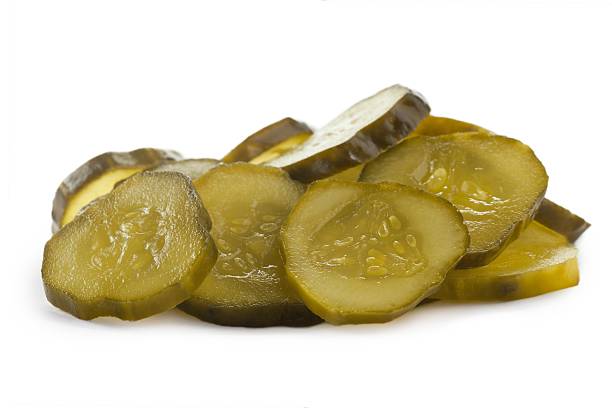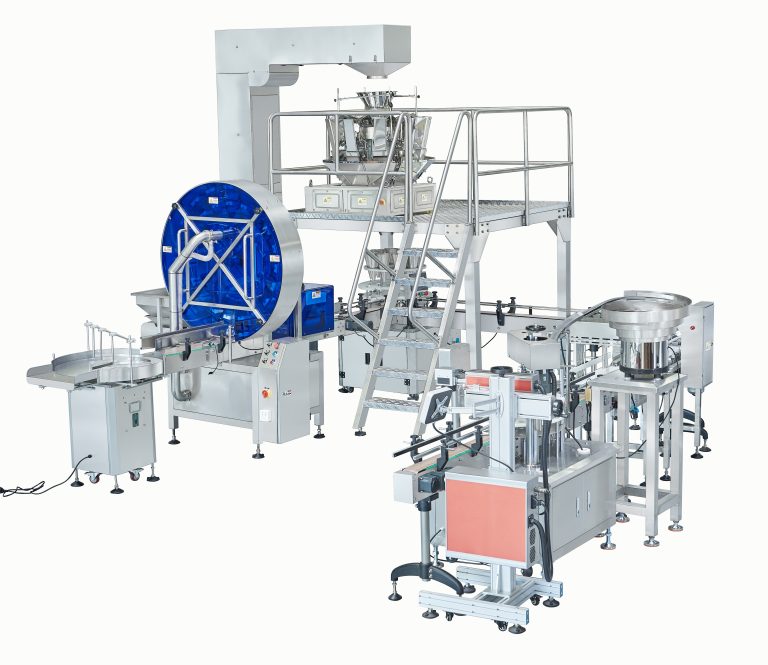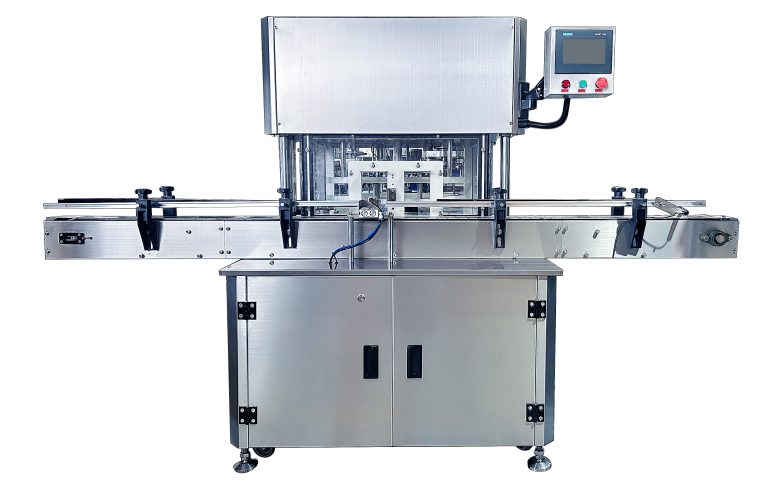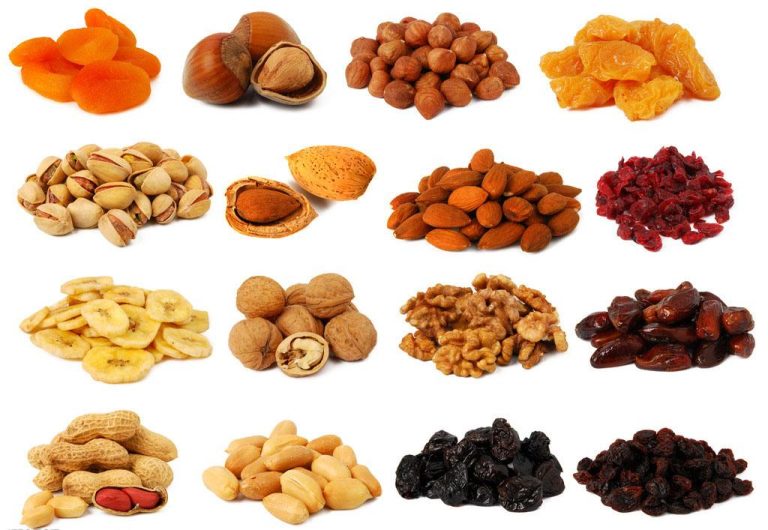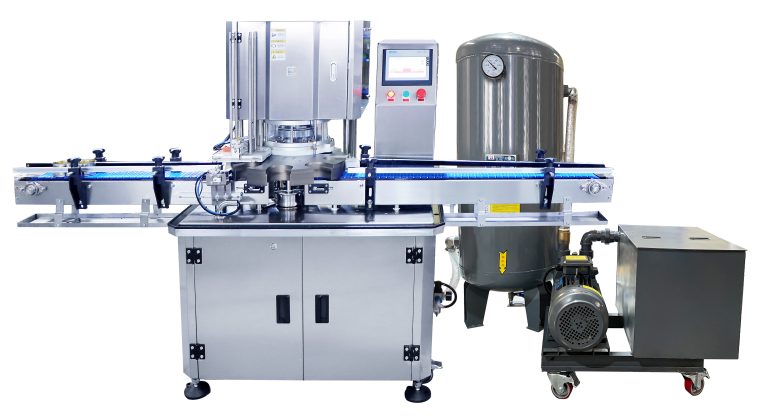Table of Contents
Best Vegetables for Canning
Canning vegetables is a great way to preserve the harvest and enjoy your favorite veggies all year round. However, not all vegetables are suitable for canning. Some vegetables can lose their texture, flavor, and nutritional value when canned, while others can be safely preserved through the canning process.
When it comes to canning vegetables, it’s important to choose the right types of vegetables that will hold up well during the canning process. Vegetables that are high in acidity, such as tomatoes, pickles, and peppers, are ideal for canning as they have a lower risk of spoilage. These vegetables can be safely canned using a water bath canner.
On the other hand, low-acid vegetables like green beans, carrots, and corn require pressure canning to ensure that harmful bacteria are killed during the canning process. Pressure canning uses high temperatures and pressure to safely preserve low-acid foods.
Some vegetables, like lettuce, cucumbers, and zucchini, are not suitable for canning as they can become mushy and lose their flavor when canned. These vegetables are best enjoyed fresh or frozen for later use.
When selecting vegetables for canning, it’s important to choose fresh, ripe produce that is free from blemishes and bruises. Wash the vegetables thoroughly before canning to remove any dirt or debris. Cut the vegetables into uniform pieces to ensure even cooking and processing.
Before canning vegetables, it’s important to follow a tested recipe from a reputable source, such as the National Center for Home Food Preservation or the Ball Blue Book. These resources provide safe canning guidelines and recipes to ensure that your canned vegetables are safe to eat.
When canning vegetables, it’s important to use proper canning techniques to prevent spoilage and ensure food safety. Follow the recommended processing times and pressures for the type of vegetable you are canning. Use clean, sterilized jars and lids to prevent contamination.
After canning vegetables, store the jars in a cool, dark place for optimal shelf life. Check the jars regularly for signs of spoilage, such as bulging lids, leaks, or off odors. If you suspect that a jar of canned vegetables is spoiled, do not consume it.
In conclusion, canning vegetables is a great way to preserve the harvest and enjoy your favorite veggies all year round. When selecting vegetables for canning, choose high-acid vegetables like tomatoes, pickles, and peppers for water bath canning, and low-acid vegetables like green beans, carrots, and corn for pressure canning. Avoid canning vegetables that are low in acidity, such as lettuce, cucumbers, and zucchini, as they can become mushy and lose their flavor when canned. Follow safe canning practices and use tested recipes to ensure that your canned vegetables are safe to eat. Enjoy the fruits of your labor all year round with delicious canned vegetables.
Vegetables to Avoid Canning
Canning vegetables is a great way to preserve their freshness and enjoy them throughout the year. However, not all vegetables are suitable for canning. Some vegetables can lose their texture, flavor, and nutritional value when canned, while others can pose a safety risk if not canned properly. It is important to know which vegetables are safe for canning and which are not.
One type of vegetable that is not suitable for canning is leafy greens such as lettuce, spinach, and kale. These vegetables have a high water content and can become mushy and unappetizing when canned. Additionally, leafy greens can lose their nutritional value when canned, making them a poor choice for long-term storage.
Another type of vegetable to avoid canning is potatoes. Potatoes have a high starch content, which can cause them to become mealy and disintegrate when canned. Canned potatoes can also develop a strange texture and flavor, making them unpalatable. It is best to store potatoes in a cool, dark place for long-term storage rather than canning them.
Bell peppers are another vegetable that is not recommended for canning. Bell peppers can lose their crispness and vibrant color when canned, making them less appealing. Additionally, the flavor of bell peppers can change when canned, resulting in a less desirable taste. It is best to freeze bell peppers for long-term storage rather than canning them.
Eggplant is another vegetable that is not suitable for canning. Eggplant can become mushy and bitter when canned, making it unappetizing. Additionally, the texture of canned eggplant can be off-putting, making it a poor choice for long-term storage. It is best to use fresh eggplant in recipes rather than canning it.
Zucchini and summer squash are also vegetables that are not recommended for canning. These vegetables have a high water content and can become mushy when canned. Additionally, zucchini and summer squash can lose their flavor and nutritional value when canned, making them a poor choice for long-term storage. It is best to freeze zucchini and summer squash for long-term storage rather than canning them.
In conclusion, there are certain vegetables that are not suitable for canning due to their texture, flavor, and nutritional value. Leafy greens, potatoes, bell peppers, eggplant, zucchini, and summer squash are all vegetables that are best enjoyed fresh or frozen rather than canned. By knowing which vegetables to avoid canning, you can ensure that your canned vegetables are safe, delicious, and nutritious.
Tips for Canning Vegetables
Canning vegetables is a great way to preserve the harvest and enjoy your favorite veggies all year round. However, not all vegetables are suitable for canning. Some vegetables can lose their texture, flavor, and nutritional value when canned, while others can be safely preserved through canning. It’s important to know which vegetables are suitable for canning and which are not to ensure that your canned vegetables are safe to eat and delicious.
When it comes to canning vegetables, there are two main types: low-acid vegetables and high-acid vegetables. Low-acid vegetables, such as green beans, carrots, and peas, require pressure canning to ensure that harmful bacteria are killed during the canning process. High-acid vegetables, such as tomatoes, pickles, and peppers, can be safely canned using a water bath canner. It’s important to follow the proper canning method for each type of vegetable to ensure that your canned vegetables are safe to eat.
Some vegetables are not suitable for canning due to their high water content or delicate texture. Vegetables such as lettuce, cucumbers, and zucchini do not can well and can become mushy or lose their flavor when canned. It’s best to enjoy these vegetables fresh or freeze them for later use instead of attempting to can them.
On the other hand, there are plenty of vegetables that are perfect for canning. Root vegetables such as potatoes, carrots, and beets can be safely canned and stored for long periods of time. These vegetables hold up well to the canning process and retain their flavor and texture when canned. Other vegetables such as green beans, corn, and tomatoes are also great candidates for canning and can be enjoyed throughout the year.
When canning vegetables, it’s important to use fresh, high-quality produce to ensure that your canned vegetables are delicious and safe to eat. Wash and prepare your vegetables properly before canning to remove any dirt or debris. Follow a tested canning recipe to ensure that your vegetables are canned safely and correctly. It’s also important to use the proper canning equipment, such as a pressure canner or water bath canner, to ensure that your canned vegetables are processed safely.
In conclusion, knowing which vegetables are suitable for canning and which are not is essential for successful home canning. Low-acid vegetables require pressure canning, while high-acid vegetables can be safely canned using a water bath canner. Some vegetables, such as lettuce and zucchini, are not suitable for canning and are best enjoyed fresh or frozen. On the other hand, root vegetables, green beans, corn, and tomatoes are perfect for canning and can be enjoyed throughout the year. By following proper canning techniques and using fresh produce, you can enjoy delicious canned vegetables that are safe to eat.
